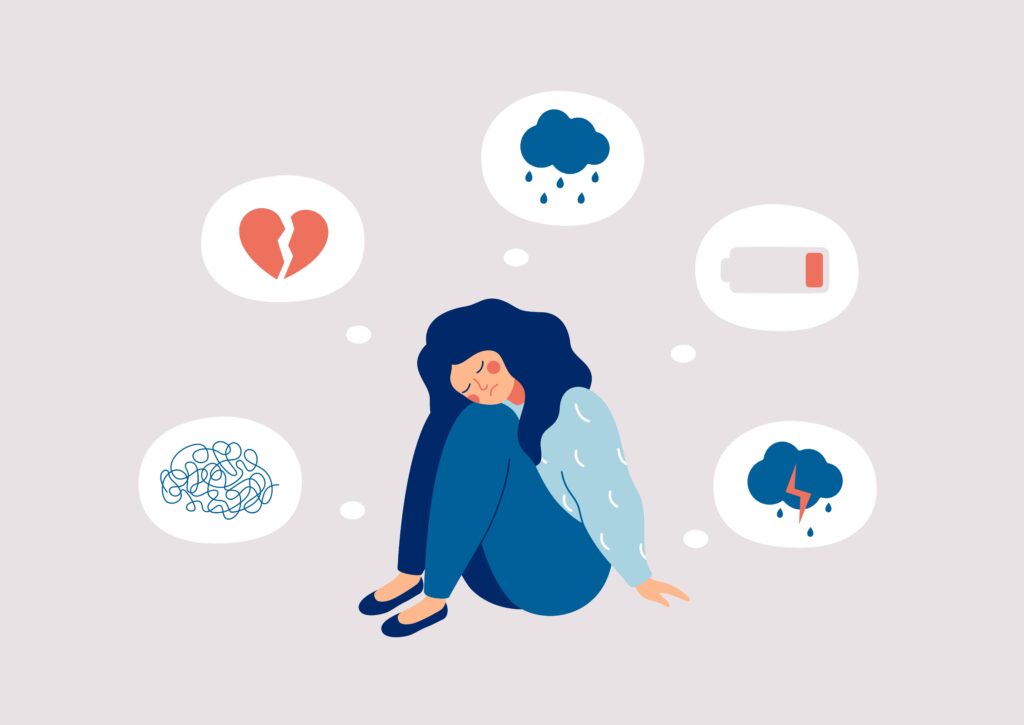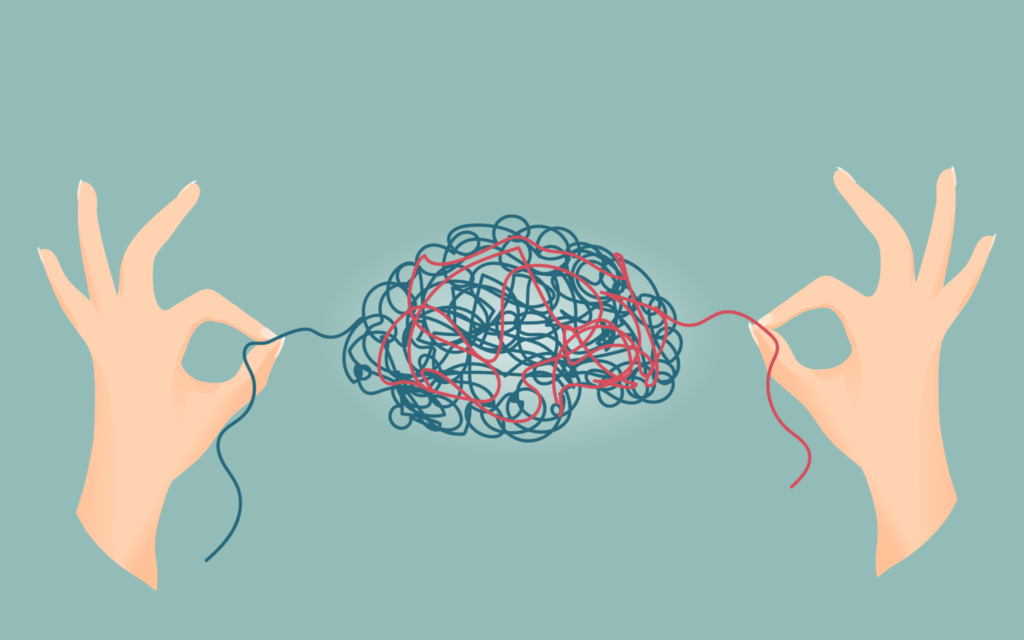Sweat It Out: How exercise can help cope with common mental problems?
It’s a widely known fact that long-term exercising can be good for people’s physical health. But are people aware of some of the other positive mental health effects that exercise can have on people?
Exercise and Depression
Studies have shown that exercise can be very much like antidepressant medication in helping people treat and alleviate mild to moderate depression to a certain extent, and better yet, exercise doesn’t have side effects. Exercise can help promote nerve growth in the brain, reduce inflammation and release endorphins that help people energize their spirits and make them feel good. A recent study conducted by the Harvard T.H. Chan School of Public Health found that running for 15 minutes or walking for one hour a day reduced the risk of major depression by 26 percent. In addition to relieving depressive symptoms, the study also showed that adhering to an exercise program can prevent depression from recurring.

Exercise and Anxiety
Exercise is likewise a very natural and effective way to fight anxiety, as it can be very effective in helping people relieve the tension and stress they are feeling, and enhance their sense of well-being by way of releasing endorphins. If you want to further put an end to the anxiety that has always existed within you, you can try adding some elements of positive thinking to your exercise. For example, notice the feeling of the breeze blowing across your skin as you exercise today, and the feeling of your feet as you walk. In this way, you will not only be able to improve your health faster, but the worries that you have been having inside you will also be interrupted for a short period of time.

Exercise and Stress
When people feel more external or internal stress, their muscles are generally tense, which may therefore cause them to exhibit varying degrees of back or neck pain, headaches, aka chest tightness. And very bad times, these physical symptoms may cause you to be unable to continue what you are currently doing, thus making you feel even more stressed in a vicious cycle. And what’s the secret to breaking this cycle? That would be exercise! Exercise releases endorphins in people’s brains which makes them feel a little happier, and it also helps people relax their muscles and relieve physical tension.

Exercise and ADHD
For people with ADHD, regular exercise can help reduce their ADHD condition and help them improve their concentration, motivation, memory and mood with constant practice. Moreover, the physical activity that people do during exercise can help increase the brain’s dopamine, serotonin levels, etc. which affects their attention span. In this way, researchers have found that the effects of exercise are very similar to those of ADHD medications such as Ritalin and Adderall, and therefore exercise can be considered an effective “medicine” for ADHD.

Exercise and PTSD
Studies have shown that if people really pay attention to their bodies from time to time and how they feel when they exercise, this can go some way to helping their own nervous system “get out of the way,” especially by helping to improve how people react when they feel PTSD. Therefore, people can begin to consider exercises like walking, running, swimming, hiking to help them reduce the symptoms of PTSD and feel better.

Source:
- Robinson, L. (2023, February 28). The mental health benefits of exercise. HelpGuide.org. https://www.helpguide.org/articles/healthy-living/the-mental-health-benefits-of-exercise.htm

